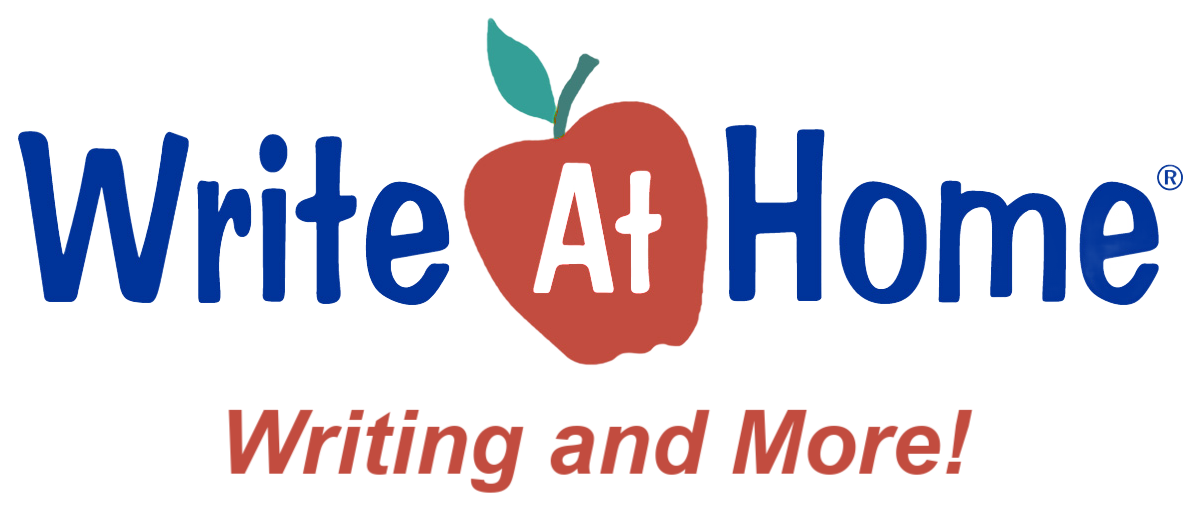What Is Expository Writing?
This course covers a particular kind of writing — what we call expository writing.
Expository writing, or exposition, is writing that informs or explains. Believe it or not, it’s the most common kind of writing. Exposition is what you would find in newpaper and magazine articles, reports, encyclopedia entries, diary entries, operating instructions, manuals, directories, biographies, history books, philosophy, science and math books, and professional journals and more. Much of the reading we do in a typical day is expository. Any kind of writing that explains something or provides information about something is expository — including this lesson.
Exposition is very practical. But that doesn’t mean it has to be boring. A good writer can make a simple, practical, every-day kind of assignment into an interesting, creative work of art. Notice the word creative. When most people hear creative writing, they think about stories or description or even poetry. They usually don’t think of book reports and memos.
But all writing is creative. No matter what the purpose of the paper, the writer has to come up with the ideas and the words to express them. That’s creativity. A good cook can make a delicious meal with just ground beef and potatoes, a good sculptor can make something beautiful out of a block of stone, and a good writer can make something fun and interesting out of practical expository writing.
For example, let’s say you are a sports reporter covering a little league baseball game. You could start simply and get to the point:
After a long rain delay, the Poughkeepsie Poodles beat the Johnstown Jaybirds 3-2.
Or you could jazz it up a bit:
After two hours of driving rain, the Poodles and Jaybirds thrilled a damp but rowdy crowd to a 3-2 nail-biter.
Or maybe you get inspired and employ some descriptive writing in an effort to capture the interest of your reader:
All afternoon, blinding flashes of lightning lit the outfield, thunder rattled the bleachers, and rain fell in buckets. It seemed to the soggy and disappointed crowd that the anticipated battle between the Poodles and Jaybirds would be delayed for days. But as the umpire and officials met to consider cancellation, the sun suddenly broke through, the dark clouds fled, and, to the delight of players and fans, those eternally magical words echoed through Sleepy Hole Park: Play ball!
None of these are necessarily better than the others. They are all essentially expository in purpose. Their main goal is to inform or explain. How creative you want to be as you achieve this purpose is up to you. Just don’t settle for boring.

